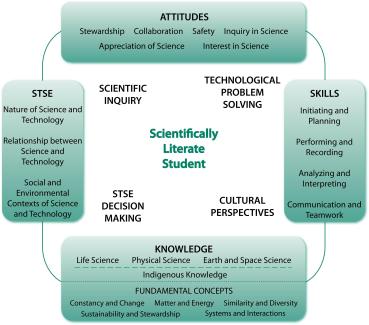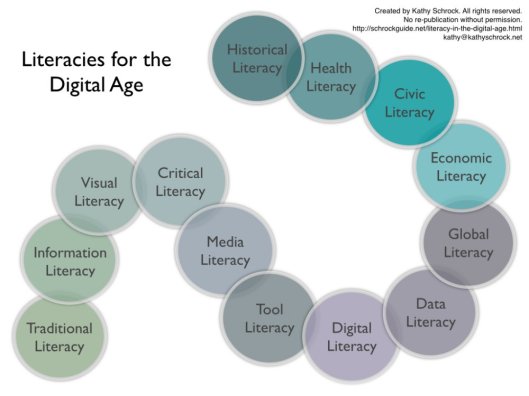Am I “fully literate”?
Is anyone?
As evidenced on my page, I believe we are all lifelong learners, so is it even a fair question to consider the notion that there exists a specific point in literacy that we officially “hit” and are considered “fully literate”?
Probably not, the idea of literacy seems too subjective.
Indicators exist in certain subject-areas that would serve as evidence to infer literacy-attainment, so in that sense we can create benchmarks for literacy. But when considering the ever-shifting development of subjects and or expanding knowledge on learning, benchmarks today may shift tomorrow. What is the next benchmark or desired milestone associated with grades and subjects?
Being literate today is a tall order (inadvertently implying that it was necessarily any easier at different points in history). I feel like becoming fully literate today has become synonymous with wisdom, utilitarianism and benevolence (or maybe that’s just my view on it). But you’d think the wise would know that you can never be fully literate (this is me thinking that I’m wise).
Literacy seems almost synonymous with learning (you have to learn to be literate). If you’re capable of continuous learning, consuming information, and improving in all dimensions of literacy (or perceived important ones of today), with certain benchmarks, maybe that’s the way!
BUT WHAT ABOUT PEOPLE WITH BARRIERS TO LEARNING AND INFORMATION CONSUMPTION?! IS THE SAME BENCHMARK OF “FULL LITERACY” STILL A SPECIFIC GOAL DESIRED?! HOW DOES “FULL LITERACY” APPLY THEN?!

A Scientifically Literate Student via SK Curriculum
This brings me back to my post about media literacy and, as Carter also said in his vlog, it is needed. And to me, social and media literacy almost seems to transcend specific subject literacies. But then I think of how important scientific literacy is and how passionate I am about it (so much so that I’m making a resource for it an media literacy) – and how that, too, is needed for citizens today. Yet it needs to be delivered in a non-Eurocentric way which requires some cultural literacy.
Aside: these are great considerations for the development of my science resource.
The considerations are making my head spin, though. We probably need some form of benchmark to provide students with skills to become “fully literate” in today’s society, yet don’t want to be so specific that it becomes constrictive or culturally-uniform (devoid of diversity). The reality is that there are many different forms of literacy that I haven’t listed yet that are important to the holistic growth of individuals (health and physical literacy, for example) and all need to be pursued when able. Especially when all of these forms of literacy depend on one another as an intricate web enhancing the impact of another.

Literacies for the Digital Age via Educorp
If all forms of literacy are continuously pursued, beyond the benchmarks, we become the benevolent, wise, and “fully” (but not really, “fully”) literate. As educators we have to be pursuing this personally, regardless of the courses/subjects we instruct, to model this for our students as well.
Agree? Disagree?
Get at me!
– Logan Petlak

Love this blog post, Logan! Your question of, can we ever be fully literate, really got me thinking. And I would say that I’m definitely not fully literate. There are certain elements of literacy that I have much room to grow in, and as you pointed out, if we are truly life-long learners, how do we ever really achieve a specific literacy “benchmark”? You also raised a great point that I hadn’t considered when you discussed cultural literacy. Thanks for sharing!
LikeLiked by 1 person
Great Post logan, I totally agree that we are lifelong learners and the idea and question to be considered fully literate are no not at all fair.Being educated and getting literate has a whole different meaning.The definition of literacy is not constant, it changes and develops to mirror the varying requirements of society. Earlier, the definition of literacy was the ability to read and write, but the same definition is no longer adequate for this contemporary world. Once again the great post I enjoyed reading it and look forward to the next one.
LikeLiked by 1 person